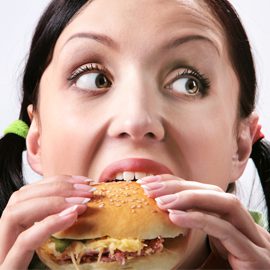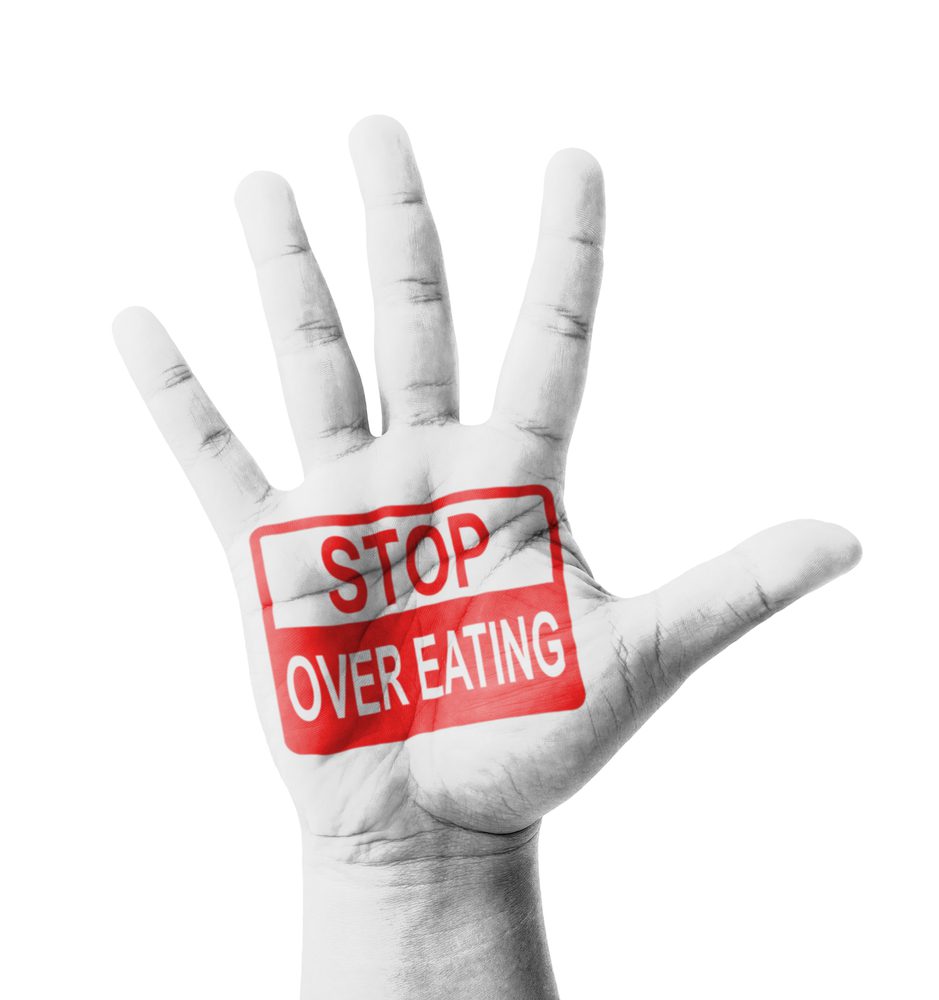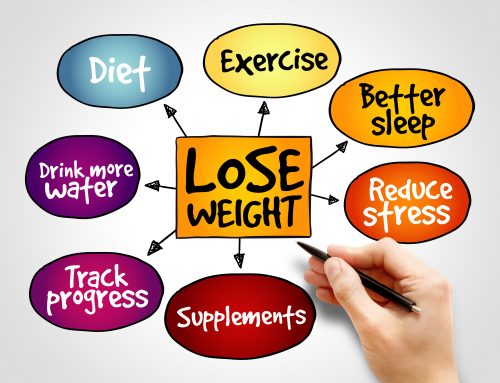 There are plenty of reasons why you might eat, other than hunger—you’re bored, stressed, anxious or angry and trying to find relief—but eating for those reasons is not only detrimental to any weight loss* goals you may have, but it often leaves you feeling worse. After you’ve finished eating, the original emotional issue is still there, and on top of that, you may even feel guilt for overeating. During your medical weight loss* program in Charlotte, it can be helpful to known how to recognize emotional eating and what you can do to change the habit.
There are plenty of reasons why you might eat, other than hunger—you’re bored, stressed, anxious or angry and trying to find relief—but eating for those reasons is not only detrimental to any weight loss* goals you may have, but it often leaves you feeling worse. After you’ve finished eating, the original emotional issue is still there, and on top of that, you may even feel guilt for overeating. During your medical weight loss* program in Charlotte, it can be helpful to known how to recognize emotional eating and what you can do to change the habit.
Emotional Hunger vs. Physical Hunger
By understanding the difference between physical hunger and emotional hunger, you can better recognize any signs of emotional eating when or if they arise.
Physical Hunger
- Occurs gradually
- Usually, you don’t feel the need to satisfy physical hunger immediately
- You’re likely to stop eating once you feel full
Emotional Hunger
- Occurs suddenly and due to you feeling a particular emotion (stress, boredom, etc.)
- Emotional hunger feels like a craving you need to satisfy immediately
- You’re likely to continue eating even after you feel full
How to Control Emotional Eating
Don’t worry, if you’ve found that you are an emotional eater, there are strategies you can learn to help get the habit under control.
- Practice stress management techniques. Stress is one of the main causes of emotional eating, so if you learn to deal with your stress properly, you can avoid the emotional eating trigger altogether. Stress management techniques include yoga, deep breathing exercises, going for walks and meditation.
- Keep a food journal. This will help you keep track of what and why you’re eating. Use this to find any patterns in your eating habits. On nights when you don’t have anything else to do, do you end up overeating? Are you eating more sweet foods when you’re upset? Finding those patterns lets you find out what could be triggering your emotional eating.
- Get the tempting foods out. When you’re trying to lose weight with medical weight loss*, you may want to get rid of any comfort foods like sweets and ice cream. Having food like this around the house can tempt you into emotional eating.
Finding out what triggers your emotional eating can go a long way in breaking the habit. Once you know what triggers it, you can either avoid that trigger, or you can find a way to better handle it—such as practicing stress management for dealing with stress. Emotional eating may hinder your weight loss* efforts, and if you believe that it is, it’s important to take the steps to get things back on track.









Leave A Comment